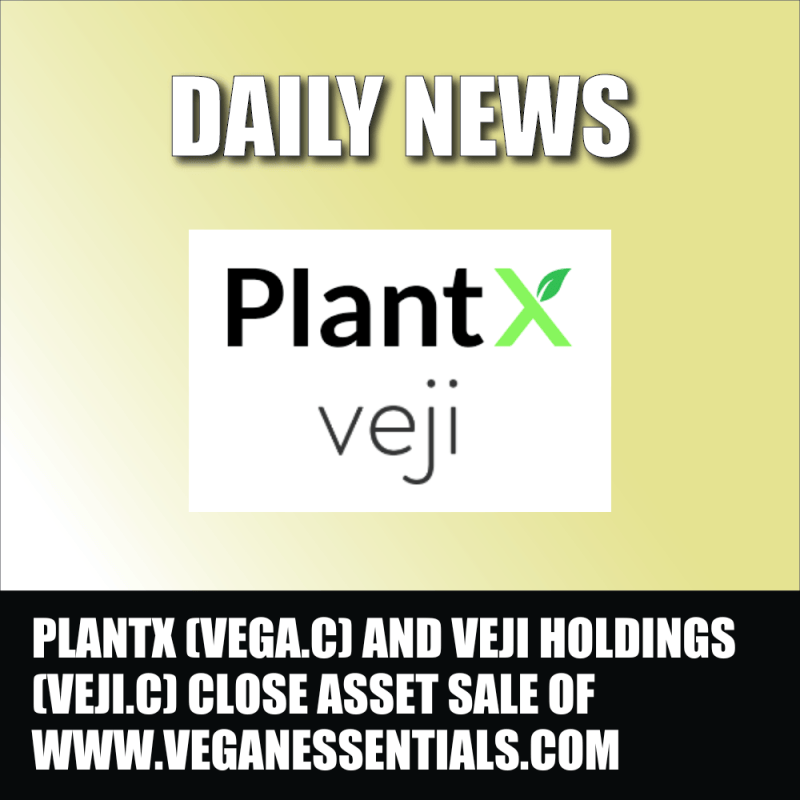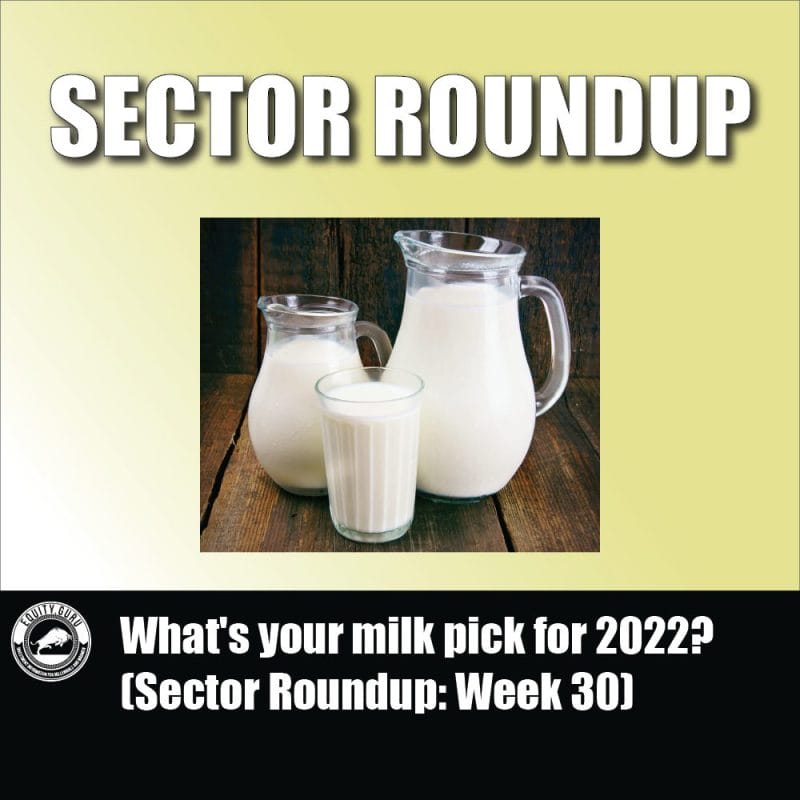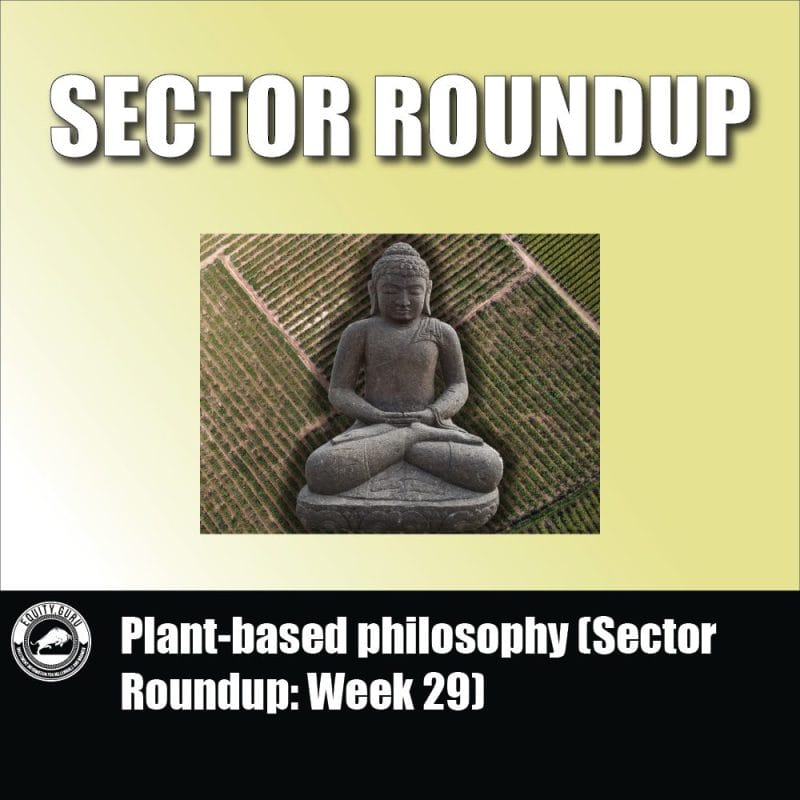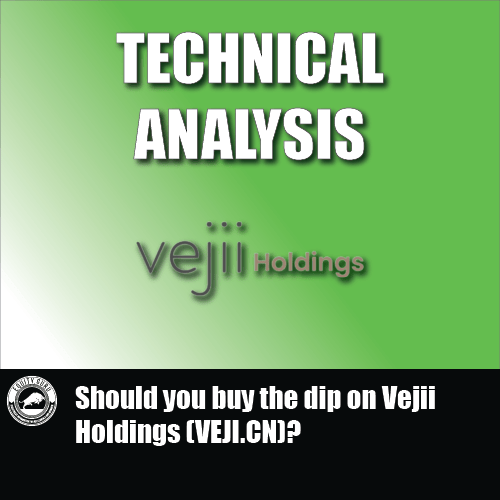Digital Business, Real Value

eCommerce is an expansive, complex, and lucrative beast. Put simply, eCommerce refers to buying an item or service online via electronic payment. With this in mind, Amazon has established itself as the largest eCommerce platform in the world. However, Amazon isn’t the only eCommerce business with skin in the game. Excluding China, it is estimated that there are between 4 million and 5 million eCommerce companies in the world.
According to Insider Intelligence, the Global eCommerce Market is expected to reach a total of $5.55 trillion this year. While retail sales dropped by 2.8% in 2020, e-commerce sales surged by 25.7% to $4.213 trillion following the onset of the pandemic. Of this market, Canada is recognized as the tenth-largest for eCommerce with revenue of USD$35 million in 2021.
Without a doubt, the eCommerce market is a well-oiled machine, but what of the gears it’s comprised of? Before we delve into that, let’s talk about the different kinds of eCommerce. Currently, there are four traditional types of e-commerce:
- Business-to-Consumer (B2C)
- Business-to-Business (B2B)
- Consumer-to-Business (C2B)
- Consumer-to-Consumer (C2C)
Even if you’re not big into commerce, you have likely heard of B2C and B2B eCommerce models. B2C refers to the process of selling products and services directly between a business and consumers. Aside from Amazon, other successful eCommerce brands include Walmart and Alibaba. On the contrary, B2B eCommerce models rely on commerce between two or more businesses. As such, B2B is defined by businesses selling their goods and services to other businesses.
B2B models differ drastically from B2C models in terms of complexity, with B2B being more complicated. However, B2C businesses are expected to meet numerous criteria. For example, many B2C customers expect exceptional service, personalized engagement, connected processes, 24/7 customer support, efficient checkout processes, and informative content. With this in mind, let’s talk about a business with a foot in both B2C and B2B channels.
Vejii Holdings Ltd.

- $9.15M Market Capitalization
Vejii Holdings Ltd. (VEJI.C) is a unified marketplace and fulfillment platform featuring more than 3,500 plant-based and sustainable living products and over 500 brands. The Company’s platform offers an easy-to-use, omnichannel experience for both buyers and vendors, leveraging big data and Artificial Intelligence (AI). In doing so, Vejii is able to connect brands with targeted consumer bases through organic and specialized marketing programs.
To be more specific, Vejii runs a brand and product agnostic marketplace that allows the Company to onboard vendors at a rapid rate. This allows Vejii to expand into new and growing product categories. The Company’s current product categories include grocery, nutrition, vitamins, supplements, personal care, baby & kids, and vegan wine. However, the Company intends to add home & garden, sustainable fashion, sustainable furniture, and sports & recreation products to its offering in the future.
B2C Model
As reference previously, Vejii exists in both the B2C and B2B space. Regarding the Company’s B2C model, Vejii has created a tailored eCommerce shopping experience powered by AI. By utilizing AI, Vejii is able to enhance user engagement, streamline inventory and purchasing, and ensure the effective use of capital on high-velocity items.
Speaking of which, Vejii also offers Vejii Express, whereby customers can receive localized and same-day delivery on high-velocity SKUs. All orders are picked, packed, and fulfilled by Vejii, reducing the Company’s overall carbon footprint from shipping and materials.
In addition to its approximately 30,000 active user accounts, Vejii generates revenue from onboarding vendors. Vendors have access to the Company’s vendor dashboard, which provides vendors with live product performance tracking and metrics. To date, Vejii has onboarded over 100 independent vendors fulfilling direct or through a partnership with Vejii Fulfillment Services (VFS), a model in which Vejii’s brand partners are able to send their products to the Company’s warehouses.

In doing so, vendors are also able to take advantage of Vejii’s pre-established distribution network. Vendors provide their products on consignment, which are then picked, packed, and shipped by Vejii. For context, consignment refers to an arrangement in which goods are left in the possession of an authorized third party, in this case, Vejii, to sell. Here’s a look at Vejii’s current vendor fee structure:
Current Fee Structure:
- < $1 million of annual sales = 10% of revenue
- < $2.5 million of annual sales = 12.5% of revenue
- > $2.5 million of annual sales = 15% of revenue
In addition to ShopVejii.com, on November 5, 2021, Vejii announced it had completed the acquisition of Veg Essentials LLC., which operates VeganEssentials.com, one of the largest vegan marketplaces in the United States (US). With this in mind, Vejii now has two successful B2C platforms under its belt.
Moreover, Veg Essential will provide Vejii will access to a second strategically located warehouse in the US and 20 years of consumer insight, data, and buying power. In terms of numbers, Vegan Essentials brought over $3.5 million of revenue, $780,000 in gross profits, a customer email list of over 110,000, and over 1,500 products to Vejii.
B2B Model
As for B2B, Vejii utilizes a vertically integrated B2B strategy to connect the Company’s distribution centers with more than 320 vegan restaurants and stores through its established distribution network. With this in mind, Vejii has access to 5 distribution centers across the US, including Hawaii.
On January 4, 2022, Vejii announced that it had completed the acquisition of VEDGEco USA Inc., a leading online B2B wholesale platform for plant-based products. Furthermore, VEDGEco represents the first nationwide plant-based wholesaler offering a curated selection of plant-based meat, dairy, and egg alternatives.
The Company’s acquisition of VEDGEco is significant for a variety of reasons. For one, VEDGEco has distribution centers in both Hawaii and California, enabling Vejii to expand its distribution network, reduce shipping costs, and increase its offering of regionalized same-day delivery. Similar to Veg Essentials, the acquisition of VEDGEco brought an additional $2.4 million in total revenue, $287,000 gross profit, and a customer email list of 17,500.
“There is clear demand from our B2B clients, as they are not only seeking access to a wide range of exceptional plant-based products but also that they are leveraging tools like our new auto-reorder functionality to ensure that they can count on consistent, quality service every time,” said Kory Zelickson.
Most importantly, the acquisition of VEDGEco has significantly augmented the Company’s B2B capabilities. In fact, since acquiring VEDGEco, Vejii has seen its automatic reordering functionality increase, with approximately 25% of its January repeat customers using the Company’s new B2B automatic reorder functionality. If you’d like to know more about VEDGEco, check out this article!
Recently, on March 1, 2022, Vejii announced that it will be exhibiting VEDGEco at the Natural Products Expo West, which will take place from March 9th to March 12th, providing Vejii with an opportunity to increase exposure for its recently acquired B2B platform.
Financials

According to Vejii’s Q3 2021 Financial Statements, Vejii had cash of CAD$339,436 on September 30, 2021, up from CAD$97,193 on December 31, 2020. In the same period, Vejii’s total assets and total liabilities both increased substantially to CAD$1,309,637 and CAD$1,587,752, respectively.
for the three months ended September 30, 2021, the Company reported revenue of CAD$226,252 and a gross profit of CAD$52,448. In the same period, Vejii’s gross margins were 23% and 14% for the nine-month period ended September 30, 2021.
In total, Vejii reported a net loss of CAD$2,308,682 for the three months ended September 30, 2021, and CAD$7,159,773 for the nine months ended September 30, 2021. Following Vejii’s recent acquisition of Veg Essential LLC. on October 28, 2021, the Company expects Q4 consolidated revenues to be somewhere between $1.1 and $1.2 million.
With this in mind, in the last few quarters, Vejii has focused on improving its gross margins, reducing the cost of customer acquisition (CAC), and increasing return on ad spend (ROAS). As a result, Vejii expects these efforts to have a positive impact on the Company as it continues to deploy capital to scale its CAC.

During the nine-month period ending September 30, 2021, the Company’s ROAS continued to trend upwards, indicating a significant improvement over the past nine months. According to Vejii, this trend has continued to improve into Q4 2021. Additionally, Vejii has driven down its CAC over the last few months. More specifically, for September 2021, CAC for new customer accounts was $67.43, which continued to trend downward in October.
Recently, on February 23, 2022, Vejii announced that it had a record unaudited consolidated revenue of approximately $513,000 and a gross profit of $189,000 in January 2022. This represents an achievement of 1,158% growth and a 37% gross margin compared to the same period in 2021.

Vejii’s share price opened at $0.00 on March 3, 2022, compared to a previous close of $0.08. The Company’s shares closed at $0.08 on March 3, 2022.
Full Disclosure: Vejii Holdings Ltd. (VEJI.C) is a marketing client of Equity Guru.







